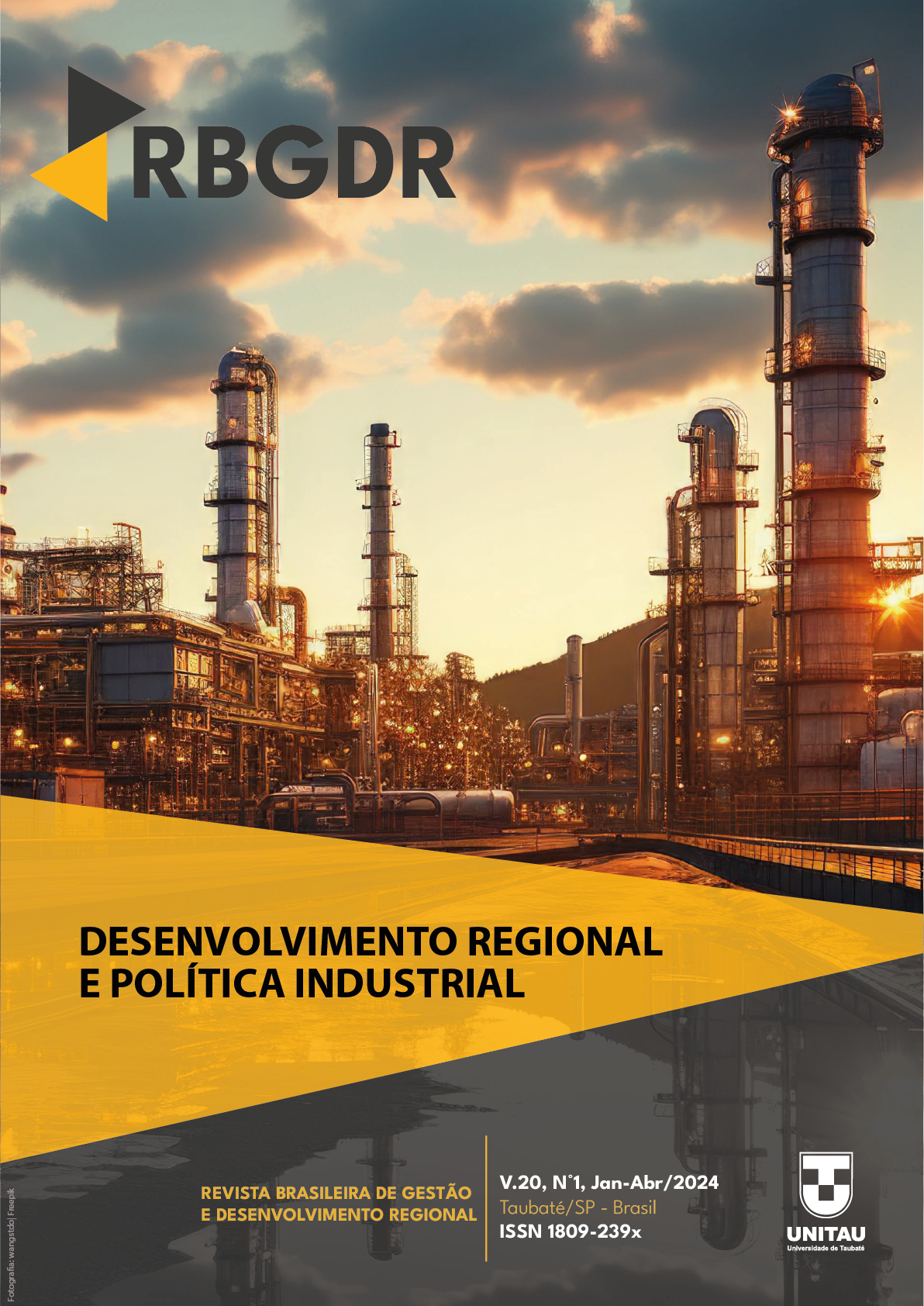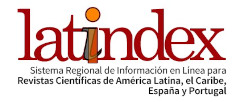REGULARIZAÇÃO FUNDIÁRIA URBANA E ODS 11: ANÁLISE A PARTIR DO CONJUNTO HABITACIONAL GRAMORÉ
DOI:
https://doi.org/10.54399/rbgdr.v20i1.7058Keywords:
Cidades inteligentes. Direito à cidade sustentável. Melhoria urbana. Sustentabilidade.Abstract
Cities are collective spaces for the integration of fundamental human rights, essential to life and to the dignity of the human person. Among the 17 Sustainable Development Goals (SDGs) instituted by the United Nations (UN), as a call to protect the planet and those who inhabit it, there is Goal 11, which aims to make cities inclusive and sustainable, contributing for the realization of the right to a sustainable city. In this connection, the paper aims at analyzing the contributions of the Urban Land Regularization (Reurb) to the accomplishment of Sustainable Development Goal 11 (Sustainable Cities and Communities), with emphasis on the Gramoré Housing Project. To this end, we collaborated and monitored the Urban Land Regularization activities being carried out in the Gramoré Housing Estate, between the years 2018 and 2022, through a partnership signed between the State Government of Rio Grande do Norte, through the Housing and Urban Development Company (CEHAB), and the Federal Rural University of the Semi-Arid (UFERSA). It was found that Land Regularization assists in promoting Sustainable Development Goal 11, as it identifies the needs existing in the core, promotes quality of life for the inhabitants, and ensures legal security of tenure with the registration of the right in rem. Therefore, the expansion of Reurb also contributes to the fulfillment of SDG 11.
Downloads
Published
How to Cite
Issue
Section
License
Copyright (c) 2024 Revista Brasileira de Gestão e Desenvolvimento Regional

This work is licensed under a Creative Commons Attribution-NonCommercial 4.0 International License.
Authors who have their papers accepted and published in the Brazilian Journal of Regional Management and Development must agree to the copyright policy CC BY https://creativecommons.org/licenses/by/4.0/.
If the article is accepted for publication, the copyright is automatically assigned to the Brazilian Journal of Regional Management and Development.

















